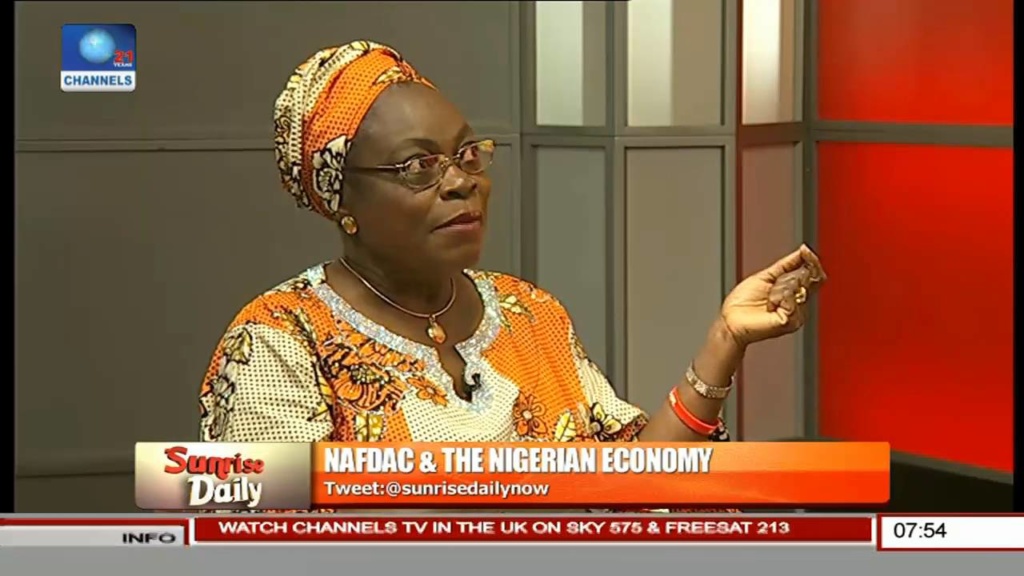The National Agency for Food and Drug Administration Control says there are no “killer” Anti-Malarial medicines in Nigeria.
Dr. Yetunde Oni, the Acting Director-General, NAFDAC, made the disclosure at a news conference in Lagos on Tuesday.
The conference was prompted by the list of 42 banned anti-malaria medicines released by the Senate and said to be in circulation in hospitals and pharmacies and consumed by Nigerians.
According to report, the medications have been banned in Europe, but were still in the Nigerian market.
Oni said: “We want to douse the tension and correct the misinformation on the social and mainstream media about the 42 Anti-Malarial medicines purportedly banned by the European Union, but allegedly circulating in the country.
“It is pertinent to mention that the allegedly banned anti-malarial medicines are oral monotherapies containing single Active Pharmaceutical Ingredients such as Artesunate as contained in Arinate tablet.
“Others are: Amodiaquine as contained in Camoquine, Dihydroartemisinin contained in Alaxin tablet and Pyrimethamine contained in Daraprim tablet.”
Oni advised Nigerians to use Artemisin Combination Therapies as they were the recommended anti-malarial drugs by the World Health Organization.
She said: “I wish to state categorically that these anti-malarial monotherapies are not recommended for treatment of malaria in Nigeria.
“The recommended anti-malarial medicines for treatment of malaria in Nigeria are Artemisin Combination Therapies.
“The use of ACTs in the treatment of malaria is in line with the guidelines for the treatment of malaria, 3rs Edition, World Health Organisation 2015, Geneva Switzerland.
“The Nigeria National Anti-Malarial Treatment Policy, February 2005 supports the use of ACTs.
“Sulphadoxine Pyrimethamine is also a combination of anti-malarial medicine recommended by both WHO and the Nigeria National Anti-Malarial Treatment Policy for the Intermittent Preventive Treatment of malaria.”
Oni advised Nigerians to look out for scratch and text techniques on anti-malarial drugs before purchase.
Oni explained: “Every anti-malarial drug should have an authentication scratch and text techniques, it is the first line of checking the quality of the medicine.
“When you scratch and text, information comes back to you immediately, giving the status of that particular anti-malarial medicine.”
According to the NAFDAC boss, the agency is working tirelessly to safe guard the health of Nigerians.
Trending
- Ogun: Police announce case of missing person
- Thai lady nabbed at Nigerian airport with illicit drugs + Video, photos
- Bid to send Ghanaian Loud to UK foiled by NDLEA + Video
- NDLEA seizes 49 cartons of tramadol, others in one week
- Ogun: Worker shot dead on farm, police launch probe
- Nigeria should avoid carrying ants in its pants, by Hassan Gimba
- MURIC to Babangida: You can’t exonerate yourself from June 12 poll annulment
- Primate Ayodele releases prophecies on Congo, Gambia, others


